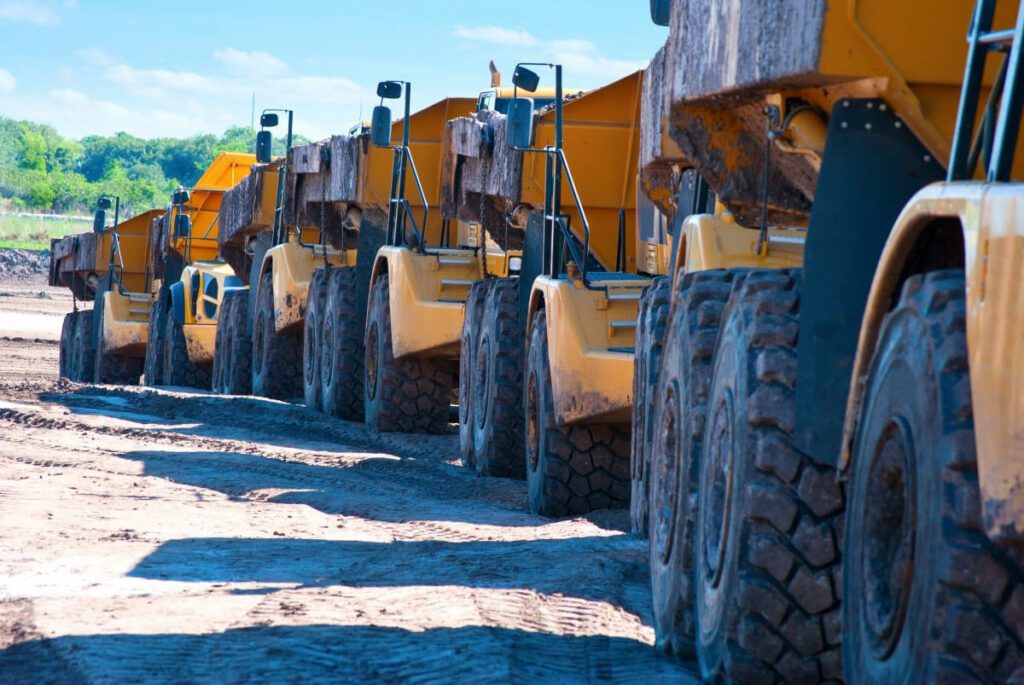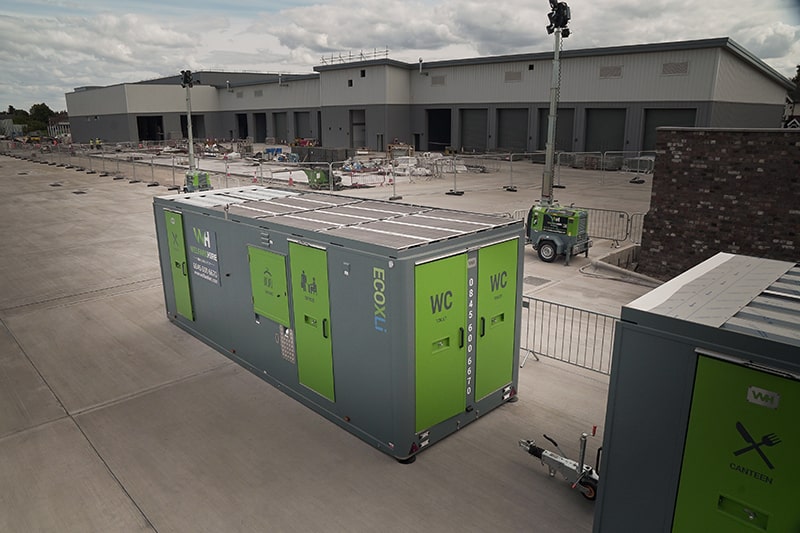Why Improving Air Quality On Construction Sites Starts With Equipment
Blog-January 27, 2023
Construction has an air quality problem. While 97% of people said that air quality is an “extremely or very important environmental health concern”, research shows that construction sites are responsible for 23% of all air pollution.
But how can leaders solve this problem? And what role does equipment – like innovative mobile welfare units – have to play?
The problem is getting worse
Despite great efforts made by the industry, construction and manufacturing’s share of carbon emissions has actually increased in recent years relative to other sectors. Leaders need to see air quality and sustainability as inherently linked: reducing their emissions should go hand-in-hand with improving air quality. But this is where things get difficult.

Why does construction struggle?
Many people assume the air quality problems produced by construction sites are the result of dust from activities like demolition but this actually accounts for around 1% of sites’ air pollution. Most air quality problems are a direct result of the machinery used onsite – diesel diggers, generators and the like. Construction businesses need to find newer, greener energy sources – such as innovative mobile welfare units or eco-friendly lighting towers.
But in most cases, replacing this equipment is perceived as difficult. While a majority of construction professionals say they have the information and skills to improve air quality and reduce carbon emissions, fewer said they had the necessary tools.

Welfare Hire provides the tools you need
At Welfare Hire, we believe it is the duty of suppliers to help construction reach its sustainability goals. That is why we’ve invested so heavily in hybrid-powered mobile welfare units and lighting towers. And it is why we recently joined the Plant Commitment Charter.
The Plant Commitment Charter was created by the Supply Chain Sustainability School (SCSS) to encourage suppliers in the construction sector to commit to key sustainability goals. As one of just 21 signatories, we have committed to provide evidence of our progress regarding measurement and reporting; engagement; training and education; and innovation. This is all based on standards the SCSS has developed.
Ultimately, we believe these kinds of external commitments are essential to improve our industry. Not only do they ensure we are held to a high standard; they will help us deliver a better service to our partners, and provide the tools they need to create a cleaner working environment that maintains air quality.